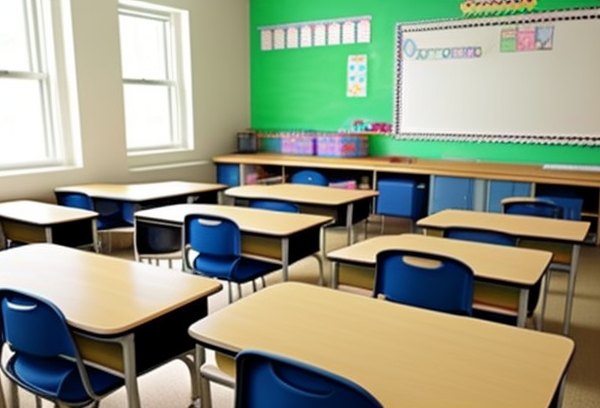It’s been more than 30 years since the NH Supreme Court issued a significant decision in the Claremont School District v Governor of New Hampshire court case.
In 1992, the NH Supreme Court found the state’s constitution “imposes a duty on the State to provide a constitutionally adequate education to every educable child in the public schools in New Hampshire and to guarantee adequate funding.”
In 1993, the NH Supreme Court construed that Part II, Article 83 of the NH Constitution guaranteed students a right to a public education. Four years later the school funding system was found to be unconstitutional. The governor and legislature were thereby required by the court to define the elements of a constitutionally adequate education, figure out the costs and pay for it with equal taxation statewide.
In Sept., 2006, after four governors and their legislatures did not comply, the NH Supreme Court again found the school funding system to be unconstitutional. Sixty percent of local property taxes goes towards funding public schools. After so many years and so many lawsuits, there remain districts who are still challenged by insufficient funding from property taxes. One problem is property values, they can vary quite a bit from one school district to the next. The taxes are levied at dissimilar rates, imposing unequal and unfair tax burdens on statewide property owners.
As most education funding is on a per-student basis, school districts, mostly in rural communities impacted by statewide decline in enrollment, receive “stabilization” grants. This gives extra funding per student and helps school districts to preserve education standards. Unfortunately, these grants don’t help the large discrepancy in property tax rates between the poorest and wealthiest communities in the state. Even with the extra money from these grants, some districts with lower property taxes are still struggling with paying for public education. In other words, even though aid is targeted where it is needed throughout the state, property-poor towns have a tough time fulfilling their requirements.
In 2019, a lawsuit was brought by the ConVal School District again challenging what the state ought to be contributing to school budgets along with the formula for disbursing this funding. Judge David Ruoff ruled the state’s formula for funding was unconstitutional. The state then appealed the case to the NH Supreme Court who sent it back to superior court instructing them to specifically determine what school districts need to supply in order to provide an “adequate” education.
In the meantime, Frank Edleblut, Gov. Sununu’s Dept. of Education Commissioner, successfully got his school voucher program passed in the legislature in 2021, rerouting some taxpayer dollars to private and religious schools. Further burdening property owners.
On Wednesday, April 19, 2023, a lawsuit was filed in Grafton County Superior Court. Three plaintiffs from Penacook and Plymouth argue the state has failed (again) to comply with the constitutional requirement that property taxes (which pay for public school education) be equal statewide. This latest lawsuit asserts a dependance on property taxes (to pay for public school education) is in violation of NH Supreme Court’s 1997 decision in Claremont School District v Governor II. This case will probably last through the beginning of May with Judge David Ruoff presiding.
Something to keep an eye on . . .
For those who are interested in what NH defines as an “adequate” education:
193-E:2 Criteria for an Adequate Education. –
An adequate education shall provide all students with the opportunity to acquire:
I. Skill in reading, writing, and speaking English to enable them to communicate effectively and think creatively and critically.
II. Skill in mathematics and familiarity with methods of science to enable them to analyze information, solve problems, and make rational decisions.
III. Knowledge of the biological, physical, and earth sciences, including environmental sciences that investigate the complex interaction of physical, chemical, and biological processes that take place on the earth, to enable them to understand and appreciate the world and the engineering, socio-economic, and geopolitical challenges around them.
IV. Knowledge of civics and government, economics, geography, history, and Holocaust and genocide education to enable them to participate in the democratic process and to make informed choices as responsible citizens.
V. Grounding in the arts, languages, and literature to enable them to appreciate our cultural heritage and develop lifelong interests and involvement in these areas.
VI. Sound wellness and environmental practices, including outdoor recreation, to enable them to enhance their own well-being, as well as that of others.
VII. Skills for lifelong learning, including interpersonal, environmental education, and technological skills, to enable them to learn, work, com

